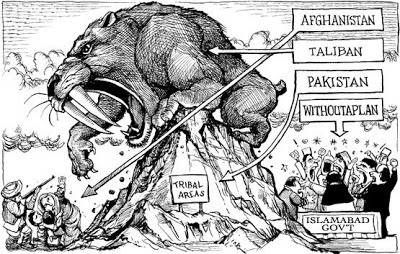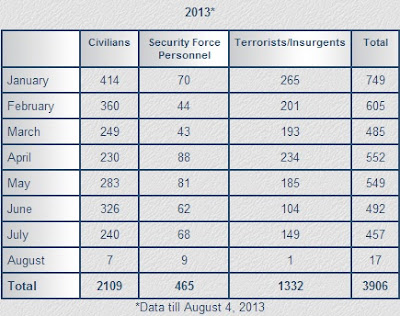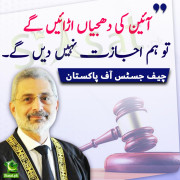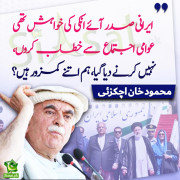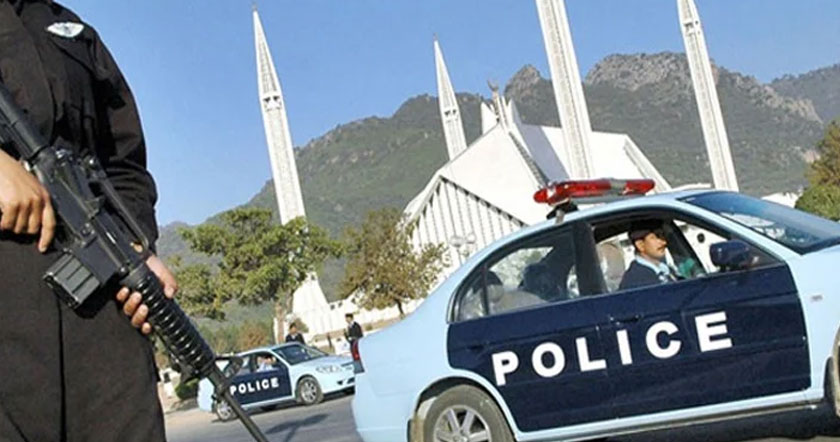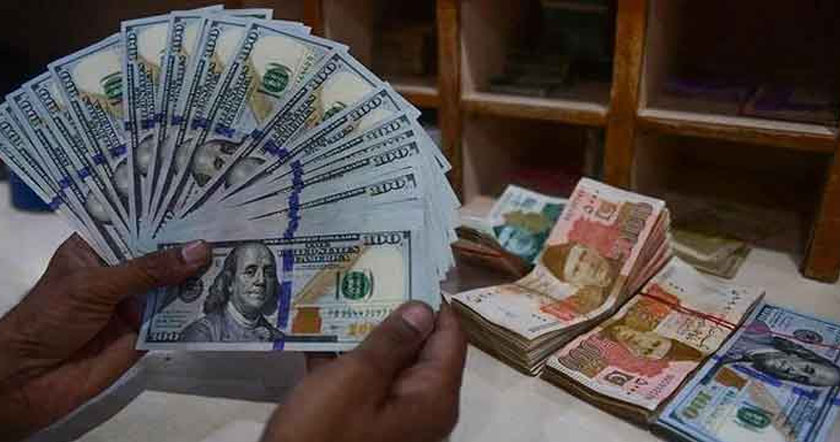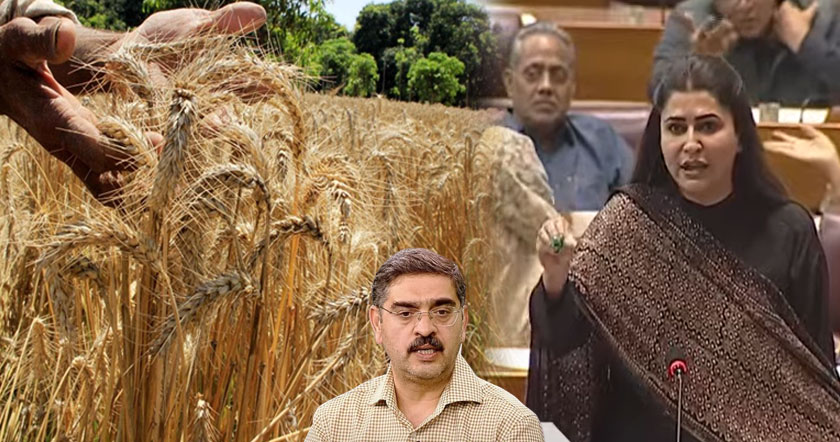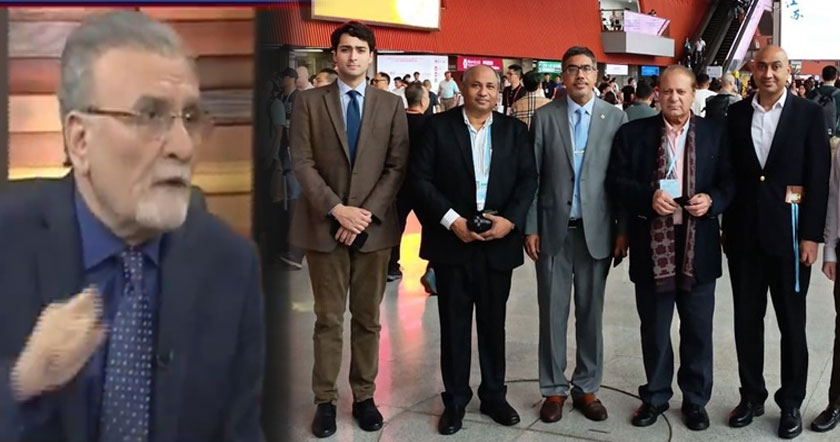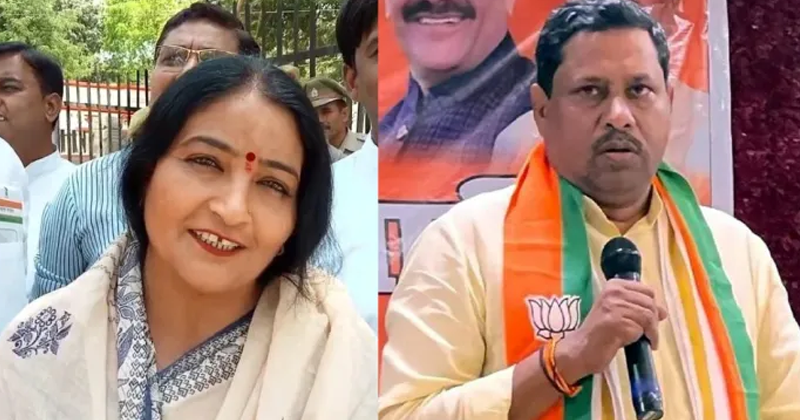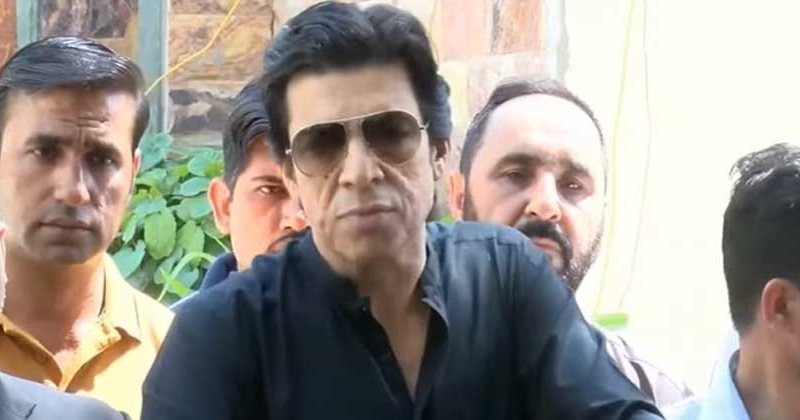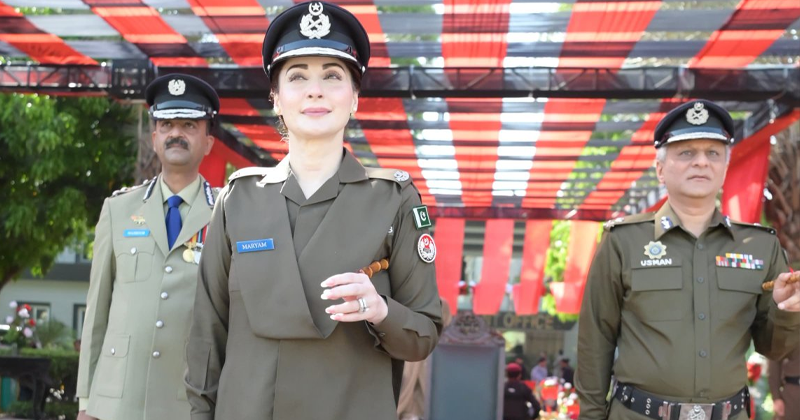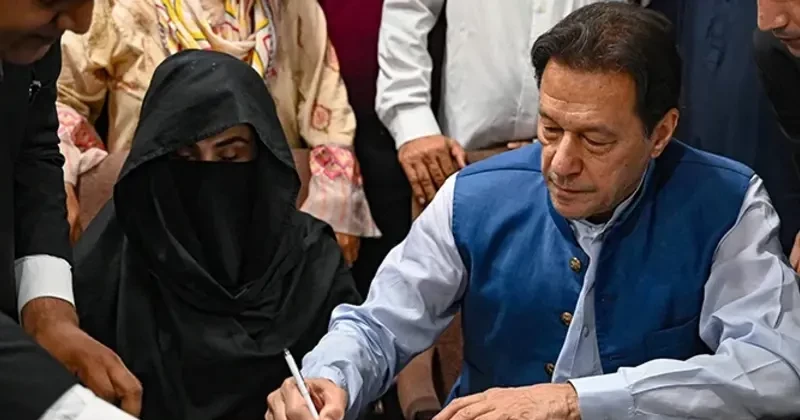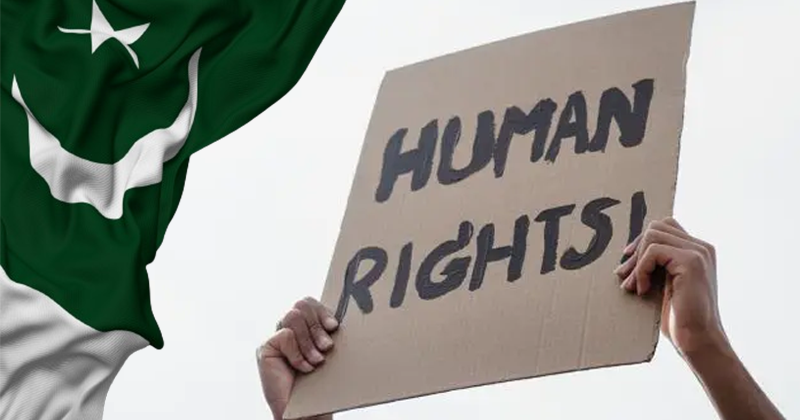http://www.riazhaq.com/2013/08/eid-mubarak-please-dont-forget-terror.html
Thousands have died in terror attacks around the world since last Eid-ul-Fitr. They are no longer with us. Tens of thousands have been orphaned, widowed or left disabled with serious bodily or brain injuries. In countries like Pakistan, Afghanistan, Iraq and Syria, almost everyone knows someone whose life has been devastated by extreme violence.
Focusing specifically on Pakistan, about 4000 people have died in terror attacks so far this year, according to South Asia Terrorism Portal. Peshawar, Quetta and Karachi are among the most affected cities in Pakistan. Minorities,particularly Shias, have been singled out by Taliban's sectarian allies for the most vicious attacks in Quetta and elsewhere.
These figures do not include tens of thousands who have been injured, orphaned or widowed. Many families have lost all their possessions, homes and breadwinners.
Pakistani security personnel, including soldiers and policemen, have paid with their lives in the line of duty for their fellow citizens. They are the unsung heroes of Pakistan who have received little recognition by the Pakistani leaders and the national media. An exception is a recent Associated Press news story which features several Pakistani soldiers who have lost their limbs or suffered brain injuries in fighting the Taliban. Here are a few excerpts from it:
Captain Qasim Abbas had finished a six-month stint fighting the Taliban close to the Afghan border and was heading home to get engaged when the militants struck, ambushing his convoy, pitching his vehicle off a 90-foot cliff and leaving him with brain injuries that make speaking and walking a daily battle. Abbas and the other soldiers recovering at Pakistan's only military rehabilitation hospital are a testament to the human toll from Pakistan's fight against Islamist militants. Their plight receives little attention from Pakistani politicians, possibly because they are afraid of associating themselves with an unpopular fight that many citizens see as driven by the United States. "Fight, fight, keep fighting," Abbas said slowly but with purpose when asked if he had a message for his colleagues still battling the Taliban. He raised his fist in the air to drive home his point.
Captain Kaleem Nasar was part of an operation elsewhere in the northwest in January of this year when he stepped on a bomb. The explosion blew off one of his legs, and the other had to be amputated below the knee. He visited the rehab hospital recently so doctors could work on his artificial limbs. Despite his injuries, he does not regret going to war against the Taliban and hopes he can return to active duty. "I am satisfied I have done something for my country," said the 27-year-old soldier. "If I can go back to that area and serve my country, God willing I will."
But Waheed, the head of the hospital, is worried that Pakistani troops wounded in battle don't receive enough recognition in the country. None of Pakistan's civilian leaders or other politicians have visited the hospital in the five years he has been running it, he said. 'They need much more recognition because they have done so much sacrifice for the cause,' said Waheed. Waheed contrasted the lack of political attention in Pakistan with a visit he made to Walter Reed Army Medical Center in the U.S. in April. He was there for only five days but saw a stream of officials and reporters come to the facility to meet with U.S. soldiers wounded in Afghanistan and Iraq, he said.
Unfortunately, Pakistani news media have failed to shine the spotlight on individual human beings who have suffered terribly from the savagery visited upon them by the Taliban and their sectarian allies. The journalists have reported on incidents of terrorism and the statistics of violence with little follow up on its consequences for victims' lives. They are failing to do their duty, as are the politicians who are refusing to own up the responsibilityof protecting Pakistani citizens from the terrorists. Pakistani religious leaders, too, are failing to remind the people of the huqooq-ul-ibad, their responsibilities for the well-being of their fellow human beings, especially during the month of Ramadan.
As Pakistanis celebrate Eid this year, it's time for them to focus on the victims of terrorism. They should keep the victims of terror in their thoughts and prayers. More importantly, they should forcefully demand that the country's leadership discharges its fundamental responsibility of providing security to all of the citizens of the country regardless of sect, religion, political affiliation or ethnicity.
http://www.riazhaq.com/2013/08/eid-mubarak-please-dont-forget-terror.html
Thousands have died in terror attacks around the world since last Eid-ul-Fitr. They are no longer with us. Tens of thousands have been orphaned, widowed or left disabled with serious bodily or brain injuries. In countries like Pakistan, Afghanistan, Iraq and Syria, almost everyone knows someone whose life has been devastated by extreme violence.
Focusing specifically on Pakistan, about 4000 people have died in terror attacks so far this year, according to South Asia Terrorism Portal. Peshawar, Quetta and Karachi are among the most affected cities in Pakistan. Minorities,particularly Shias, have been singled out by Taliban's sectarian allies for the most vicious attacks in Quetta and elsewhere.
These figures do not include tens of thousands who have been injured, orphaned or widowed. Many families have lost all their possessions, homes and breadwinners.
Pakistani security personnel, including soldiers and policemen, have paid with their lives in the line of duty for their fellow citizens. They are the unsung heroes of Pakistan who have received little recognition by the Pakistani leaders and the national media. An exception is a recent Associated Press news story which features several Pakistani soldiers who have lost their limbs or suffered brain injuries in fighting the Taliban. Here are a few excerpts from it:
Captain Qasim Abbas had finished a six-month stint fighting the Taliban close to the Afghan border and was heading home to get engaged when the militants struck, ambushing his convoy, pitching his vehicle off a 90-foot cliff and leaving him with brain injuries that make speaking and walking a daily battle. Abbas and the other soldiers recovering at Pakistan's only military rehabilitation hospital are a testament to the human toll from Pakistan's fight against Islamist militants. Their plight receives little attention from Pakistani politicians, possibly because they are afraid of associating themselves with an unpopular fight that many citizens see as driven by the United States. "Fight, fight, keep fighting," Abbas said slowly but with purpose when asked if he had a message for his colleagues still battling the Taliban. He raised his fist in the air to drive home his point.
Captain Kaleem Nasar was part of an operation elsewhere in the northwest in January of this year when he stepped on a bomb. The explosion blew off one of his legs, and the other had to be amputated below the knee. He visited the rehab hospital recently so doctors could work on his artificial limbs. Despite his injuries, he does not regret going to war against the Taliban and hopes he can return to active duty. "I am satisfied I have done something for my country," said the 27-year-old soldier. "If I can go back to that area and serve my country, God willing I will."
But Waheed, the head of the hospital, is worried that Pakistani troops wounded in battle don't receive enough recognition in the country. None of Pakistan's civilian leaders or other politicians have visited the hospital in the five years he has been running it, he said. 'They need much more recognition because they have done so much sacrifice for the cause,' said Waheed. Waheed contrasted the lack of political attention in Pakistan with a visit he made to Walter Reed Army Medical Center in the U.S. in April. He was there for only five days but saw a stream of officials and reporters come to the facility to meet with U.S. soldiers wounded in Afghanistan and Iraq, he said.
Unfortunately, Pakistani news media have failed to shine the spotlight on individual human beings who have suffered terribly from the savagery visited upon them by the Taliban and their sectarian allies. The journalists have reported on incidents of terrorism and the statistics of violence with little follow up on its consequences for victims' lives. They are failing to do their duty, as are the politicians who are refusing to own up the responsibilityof protecting Pakistani citizens from the terrorists. Pakistani religious leaders, too, are failing to remind the people of the huqooq-ul-ibad, their responsibilities for the well-being of their fellow human beings, especially during the month of Ramadan.
As Pakistanis celebrate Eid this year, it's time for them to focus on the victims of terrorism. They should keep the victims of terror in their thoughts and prayers. More importantly, they should forcefully demand that the country's leadership discharges its fundamental responsibility of providing security to all of the citizens of the country regardless of sect, religion, political affiliation or ethnicity.
http://www.riazhaq.com/2013/08/eid-mubarak-please-dont-forget-terror.html


